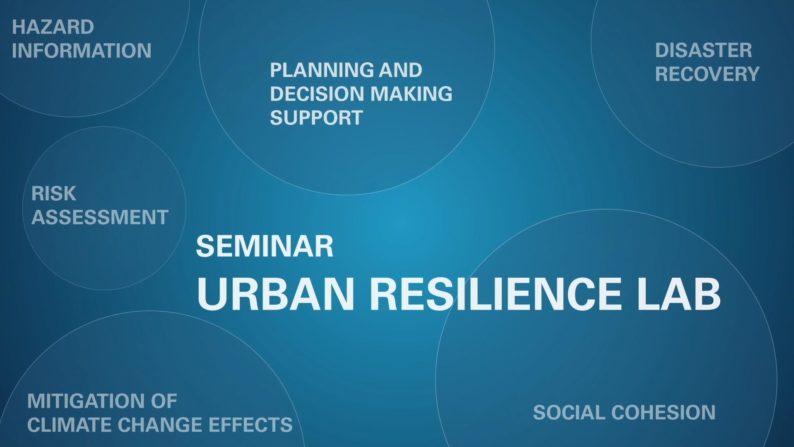
The primary objective of this course is to investigate how digital tools are used in various urban resilience projects.
The year 2020 showed – like hardly any other year before – how vulnerable urban societies are: prone to pandemics as well as other man-made catastrophes and natural disasters, our urban societies are asked to find creative coping strategies to recover from threats and to positively adapt to challenging conditions. Strengthening resilience plays a crucial role in today’s urban discourse, and in this context the use of digital tools is becoming increasingly important.
During this course, a number of case studies will be analyzed to systematically examine which digital tools are used, how they are developed and operated in cooperation with different stakeholders, and what benefit can be achieved with them.
The results of this case study work will be presented and discussed in a “conference”, which will be carried out by all seminar participants. Subsequently, all contributions are written in the form of “peer reviewed” papers and summarized in a conference volume that could serve as a knowledge base for digital tools to support resilience-building in urban communities.
The second phase of the seminar will focus on how to communicate these strategies to the public by developing visualization strategies that may take the format of an explanatory video or a graphical essay. However, knowledge of mapping and visualization techniques is not a requisite for the seminar as long as the participants are willing to get involved in the area of digital action research and focus on high-quality results.


